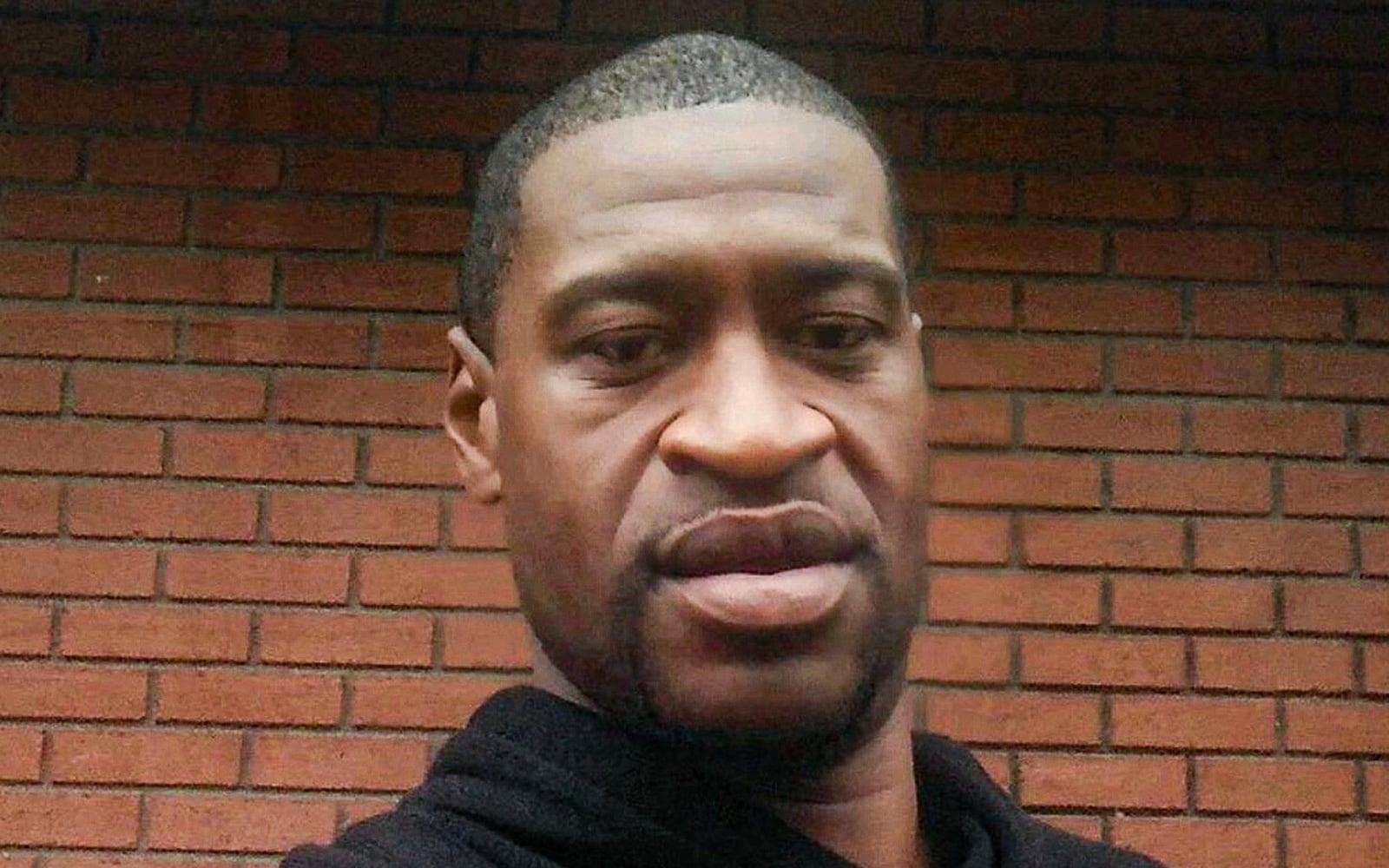Remembering George Floyd

Christianity Today recently published a tribute to George Floyd, the black man who was killed by a police officer in Minneapolis. It’s a good and sobering reminder that Floyd, and the many other black men, women, and children who have been senselessly killed over the years, are so much more than statistics. Their deaths leave behind broken families and communities.
[T]he rest of the country knows George Floyd from several minutes of cell phone footage captured during his final hours. But in Houston’s Third Ward, they know Floyd for how he lived for decades — a mentor to a generation of young men and a “person of peace” ushering ministries into the area.
Before moving to Minneapolis for a job opportunity through a Christian work program, the 46-year-old spent almost his entire life in the historically black Third Ward, where he was called “Big Floyd” and regarded as an “OG,” a de-facto community leader and elder statesmen, his ministry partners say.
What happened to George Floyd was wicked and evil, just like it was for Breonna Taylor, Ahmaud Arbery, Philando Castile, Tamir Rice, Eric Garner, and so many others. It was a mockery of justice and an affront to God. Like many others, I pray that those responsible will be held accountable — not just Derek Chauvin, the police officer who crushed the life out of Floyd’s body, or the other three Minneapolis officers who stood around doing nothing, but also those who continue to propagate unjust systems in this country and profit from them.
The above should be accompanied with a cautionary note, however. One of my favorite quotes comes from Solzhenitsyn:
If only it were all so simple! If only there were evil people somewhere insidiously committing evil deeds, and it were necessary only to separate them from the rest of us and destroy them. But the line dividing good and evil cuts through the heart of every human being. And who is willing to destroy a piece of his own heart?
It may be tempting to point at someone like Chauvin and think that if only they’re convicted and locked away from society in a jail cell, then the problem has been solved. That may mean justice for George Floyd and his family, but when considered in light of our nation’s bloody history, that’s far from an actual solution to the underlying problems.
Some may not like to hear this, but there are centuries-old systems in this country that have devalued the lives of black people and lead directly to tragedies like George Floyd’s killing — and they’ll lead to still more tragedies in the years to come until they’ve been dismantled.
As a Christian, I believe that such systems won’t be truly dismantled until the Lord brings about His perfect justice at the end of days. However, that doesn’t mean that we, in here and now, shouldn’t still be taking steps in that direction. Nor does it free us from the hard work of soul-searching and considering the ways — however minuscule and trivial they might seem — that we allow those sinful systems to continue to exist and flourish.
Related: I really appreciate what Eric Tonjes recently wrote concerning white Christians’ responses to incidents like George Floyd’s death and discussions surrounding race:
Here is what I see, when I see many white Christians confronted with questions of racism: they don’t even consider whether they might be true. They don’t listen, don’t ask questions, don’t admit uncertainty, and don’t show compassion or grief for the broken state of the world. Instead they go on the attack. They lash out. They get angry. I cannot help but believe that part of this is because they actually haven’t believed the gospel.
If you are in Christ, here is how you engage with accusations of any kind. First, you listen and explore. Your assumption is that you may well be in the wrong. You pray and reflect, and you ask input from people who could help you see your failings. In the case of racial issues, that certainly includes asking people of other races to speak into those issues. At the end of it, you arrive in one of two places. Perhaps you agree that there is a failing. You then repent of it, both to God and to others, and do what you can to turn from it. Or perhaps you don’t see it. Even then, though, you don’t go blasting the accuser. Instead you humbly walk forward, confident in God’s grace while continuing to admit the possibility you might be wrong. Those are the only two options.
Now, more than ever, it’s incumbent upon Christians to address and confront racism and white supremacy, and repent of their existence within our churches and communities, and of our own indifference to them.